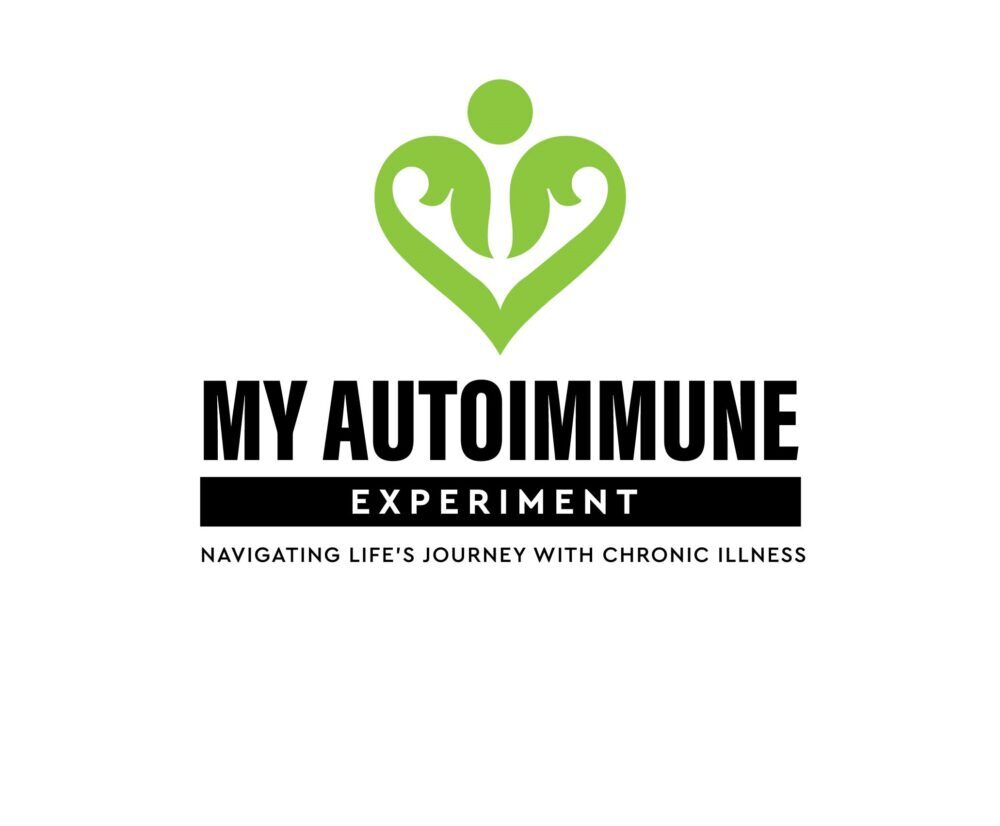
When Stress Affects Health
Stress is the body’s response to a physical or psychological challenges or changes. Not only do people live with stress daily, but they also feel overwhelmed by it. In fact, a 2017 Gallup Poll found that 80 percent of Americans are burdened by stress. Additionally, a 2018 study conducted by the Mental Health Foundation showed that in the previous year, 74 percent of people felt incapable of handling their stress. Unfortunately, this continuous state of tension can contribute to many health problems including disease.
While stress is often instinctively considered negative, people do need stress at times. According to the American Institute of Stress, the fight or flight stress response that causes increased heartbeat and oxygen levels, dilated pupils, and increased muscle tension helps people through dangerous situations or enables more success when performing a challenging task. However, problems occur when that high stress level is prolonged and people don’t have the opportunity for relief, which can happen easily for those who feel unable to cope.
Compounding stress even more is the fact that stress occurs when something is perceived as a threat, not just when it actually is one. For instance, a spider crawling across my ceiling probably isn’t a real threat to me, but I see it as one, and it will cause me to lose an entire night of sleep. Someone else might not worry at all about the spider, but as I imagine it falling to my bed and crawling across my blankets onto my shoulder, it will definitely increase tension. To add on to that, the lack of sleep I experience as a result will increase my stress level even more.

Stress can cause a long list of physical and emotional symptoms. Physical problems associated with high tension levels include fatigue, headaches, insomnia, weight gain, weight loss, palpitations, and gastrointestinal problems. It can also increase the risk of heart disease, high blood pressure, and stroke, and can raise blood sugar levels in diabetics and make breathing more difficult for asthmatics. Furthermore, on an emotional level, stress can cause low self-esteem, a feeling of being constantly overwhelmed, easily annoyed, or bothered as well as anxiety and depression. People who are stressed also tend to avoid tasks, other people, and various challenges. The many negative effects of stress beg for ways to ease the tension in our lives.
In addition to the health issues caused by stress, Dr. Marc Schoen, Assistant Clinical Professor at UCLA’s Geffen School of Medicine, reports that the “Let Down Effect” is an occurrence that people can experience after stressful events rather than during. Once the stressful event or situation is over, our bodies undergo changes that weaken our immune systems and leave us susceptible to illnesses and chronic disease flare-ups. The message is clear: Stress not only affects us during trying times but also after.
From an autoimmune disease perspective, the role stress plays in development of these conditions is uncertain. However, Harvard Medical School shares a study that found that people with known stress-related disorders are more likely to develop an autoimmune disease and to have multiple autoimmune diseases. In a population that was treated with anti-depressants, the incidents of autoimmunity decreased, thus showing a further correlation.
When I think about my own autoimmune conditions, each followed a period of extreme physical or emotional stress within a year’s time. My first disease, type 1 diabetes, came within a year of my mother being diagnosed with MS. She couldn’t walk and spent an extended amount of time in the hospital, and I worried endlessly. My second, celiac disease, started shortly after my third cesarean section. My third was sarcoidosis and, while I believe I’ve had symptoms long before my diagnosis, the flare that lead to my diagnosis involved my lungs, liver, spleen, bone marrow, and nervous system, and hit me 6 weeks after a major surgery. Finally, previous blood tests had shown that I had Hashimoto’s antibodies, but my thyroid levels became abnormal, and I received an actual diagnosis of Hashimoto’s Disease after a year of sarcoidosis medications that wreaked havoc on my body in multiple ways. I believe I’m a prime example of how stress can affect one’s health.
People around the world are feeling the affects of undue stress, and it’s harming their bodies and minds. Solving the problem isn’t easy, but solutions exist to help people manage stress. Speaking with a medical professional is always a helpful choice. Primary care physicians can point their patients in the right direction when they need help. Meanwhile, there are other options.

One way to minimize stress level is to get enough sleep so that your body can recover. That may mean going to bed at an earlier time, but for those who struggle to fall asleep, it may also require relaxing mind and body before bedtime. For example, calming activities like journaling, meditating, listening to peaceful music, reading, or spending some time in prayer, can be effective to help clear your mind before going to sleep. Making sure you get enough exercise during the day will also help you sleep and has the added benefit of stress relief from physical activity.
Adding more exercise into your daily routine is beneficial in quite a few ways. First exercise produces endorphins, which are hormones that help reduce pain and increase the feeling of positivity. Furthermore, exercise can boost the immune system and provide an overall increased sense of well-being and an improved self-esteem. Most importantly, you don’t have to go out and run a marathon. An activity as simple as a daily walk can produce all of these benefits. There are good reasons why experts recommend 30 minutes of exercise 5 times a week, and building up to that amount can help to create a noticeable difference in your stress level.
Focus on solutions rather than problems, on positive rather than negative, and on blessings rather than misfortunes. What do you think about all day? Does your mind go straight to worrying about what’s going wrong? The direction of your focus can change everything. For example, every day has good in it even though it’s hard to find sometimes. Try your best to keep those positive thoughts in the forefront. Problems will always exist, but when they do arise, which they inevitably will, focus on the best solutions to help you move forward. The more time you spend keeping your mind on the good in life, the less stress you’ll ultimately feel. Practicing gratitude and meditating regularly are two ways to keep thoughts focused on the positive.
For a further reduction in stress, spending time with family, friends, and pets actually causes physical responses that can help diminish tension. Consider all the benefits that come from a few hours with loved ones. Simple acts of hugging, cuddling, and even sitting close to someone (human or pet) will cause your pituitary gland to release oxytocin, sometimes called the cuddle or love hormone. Oxytocin is thought to reduce stress and produce more happiness. Additionally, people laugh more when they’re with loved ones, and laughter is another stress reliever because it helps people to relax. Surrounding yourself with those you care about and those who make you laugh and just feel good about life is almost guaranteed to provide some relief.

Knowing and accepting your limitations is key advice when considering your stress level as well. One surefire way to increase the tension is to take on more than you can handle. You may say yes to people because you don’t want to let anyone down or because you believe you’re the only one who can help, but as a result you can end up hurting yourself when you take on too much. I used to fall into this pattern regularly at a time in my life when I was working full-time, raising three children with all the extracurriculars that involves, volunteering for various organizations, and pursuing my masters degree. My inability to say no took a serious toll on my health. When I started paying attention to my own limitations, it helped me tremendously. Sometimes you have to put your own needs first so you can continue to be there for others when it doesn’t present a risk to you.
Stress is clearly connected to emotional and physical health as it takes its toll on body and mind. Whether or not you have a chronic condition, your own health should always be a priority. Putting yourself first by choosing a lifestyle with habits that promote longevity, happiness, and good health is never the wrong answer.








